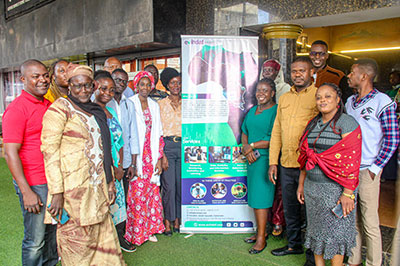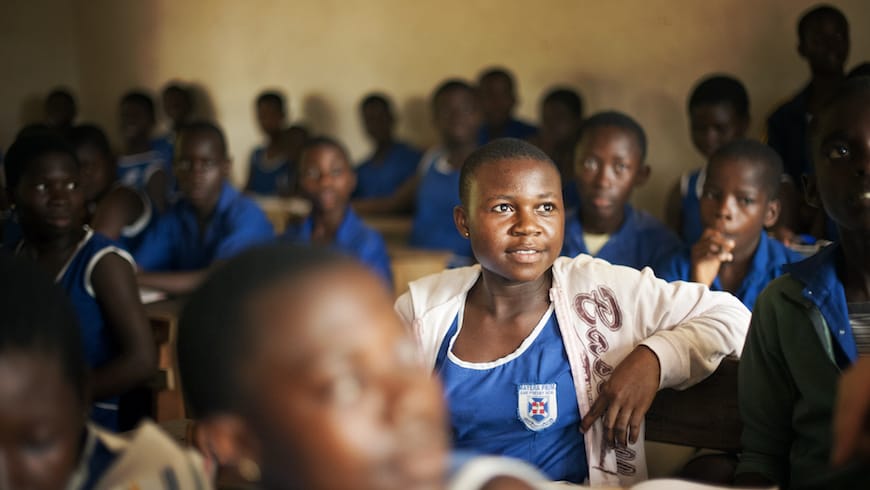Development of a Contraceptive Acceptability Scale
Family planning programs are evolving to prioritize reproductive empowerment over reproductive behaviors. Despite advancements un/met need and contraceptive use measurement, there are a lack of socially relevant measures that can capture women’s and men’s un/certainty in using, continuing and/or discontinuing contraception across the life course. Vaccine hesitancy researchers have made important measurement advancements, the importance of which was underscored during the COVID-19 pandemic. Among these efforts, the “5Cs” scale aims to measure vaccine hesitancy as a psychological construct, defining five sub-domains that comprise vaccine hesitancy, including: Confidence in a vaccine, Complacency and Constraints that may prevent the uptake of a vaccine, Calculation about whether to accept or not a vaccine, and the Collective Responsibility that individuals may or may not feel to get vaccinated. East and West Africa are key contexts for exploring contraceptive acceptability, given pressure to bear children early and often and high levels of contraceptive-related fear, stigma, and misinformation.
With support from USAID’s Bureau for Africa, Agency for All consortium partners –UCSD-GEH, EVIHDAF, Makerere University and Matchboxology are implementing a research study to develop a reliable and valid measure of Contraceptive Acceptability in Cameroon (Nganha in the Adamawa region and Yaoundé) and Kenya.
Study goal and objective
The overall objective of this activity is to develop a reliable and valid scale of contraceptive acceptability in Cameroon (and Kenya) that can inform the design and evaluation of futures interventions.
Study Approach
To inform the above objective, we will conduct formative research to explore factors driving contraceptive acceptability in Cameroon (and Kenya), test the salience of a draft contraceptive acceptability scale, and test the psychometric properties of the contraceptive acceptability scale in both Cameroon (and Kenya), and finally examine the relationship between the contraceptive acceptability measure, measures of contraceptive dynamics, and changes in contraceptive intentions and use over time.
- Phase 1 – Formative research: It will consist of an extensive evidence review, as well as qualitative formative research conducted with women and men, to test the relevance of the 5Cs (confidence, complacency, constraints, calculation, and collective responsibility) as factors influencing contraceptive acceptability and to explore these variations across the study sites (Nganha in the Adamawa region and Yaoundé).
- Phase 2 – Cognitive interviews and surveys: Consisting of cognitive interviews and pilot surveys, this phase aims to assess the content, cognitive, and usability criteria of the proposed contraceptive hesitancy scale, as well as its reliability and validity. It will be conducted in the same settings as Phase 1.
- Phase 3 – This is a prospective cohort study, with three rounds of data collection at six-month intervals, in the same settings as Phases 1 and 2. It will examine the relationship between the contraceptive acceptability measure, measures of contraceptive dynamics, and changes in contraceptive intentions and use over time.

Snapshot
Study area: Cameroon and Kenya
Project Date: 2023-2025
Consortium Partners: Center on Gender Equity and Health, UC San Diego; EVIHDAF; Makerere University; Matchboxology; Save the Children
Funder: UDAID’s Bureau for Africa
Targets: 1) The factors (included and not included in the ‘5Cs’) of contraceptive acceptability are identified. 2) The facilitators and barriers to contraceptive acceptability as a function of reproductive life stage, social identity, geographical area and/or choice of contraceptive method are assessed.
Others Ongoing Projects

a4allcontra

